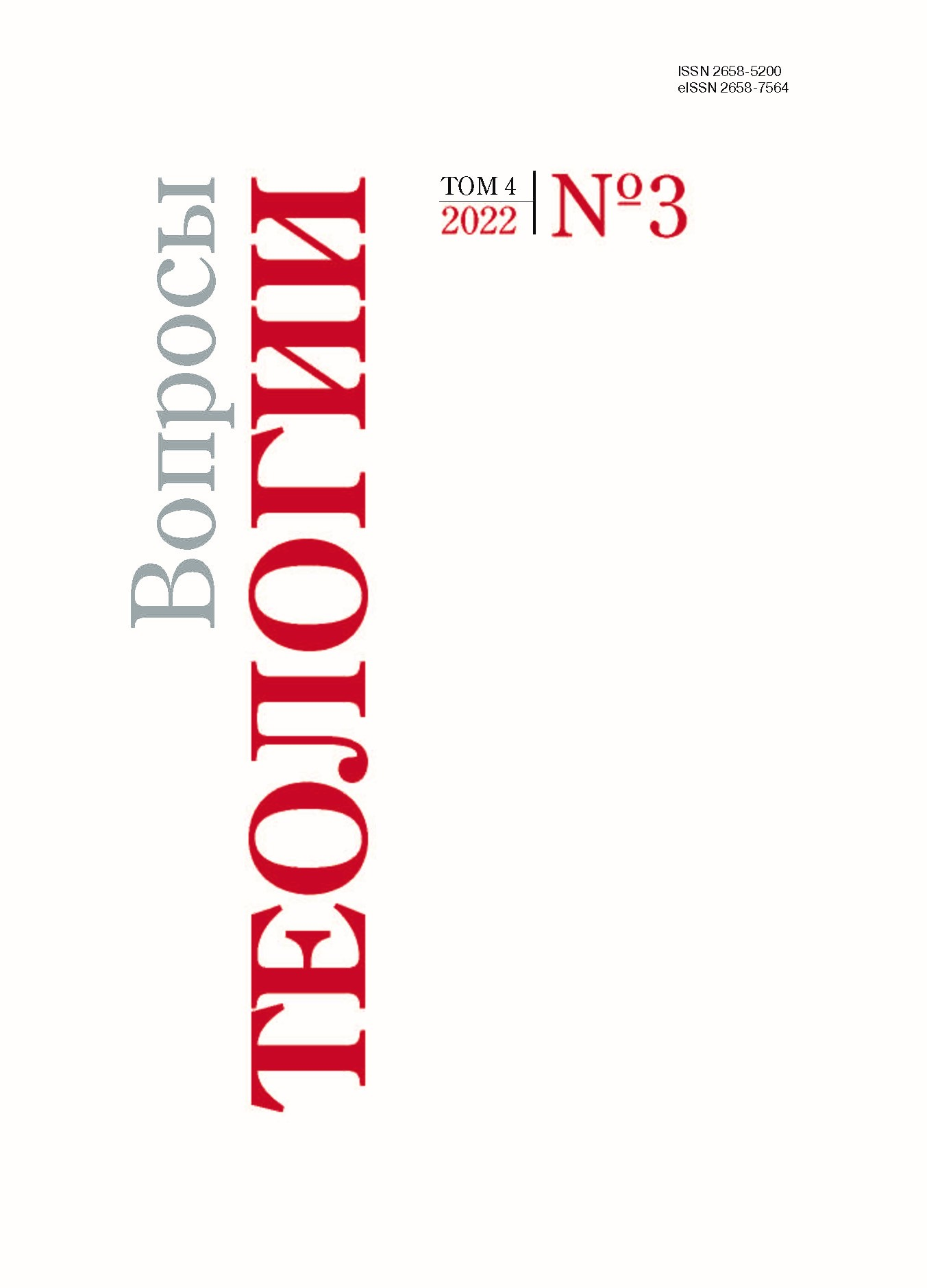Christian theology and the principle of inertia in physics
DOI:
https://doi.org/10.21638/spbu28.2022.302Abstract
The article discusses the dependence of the formulation of law of inertia in classical mechanics on theological concepts of its time. It is shown that in medieval science, all attempts to solve the problem of motion of a thrown body were made within the framework of the Aristotelian understanding of motion as the actualization of the possible. Nevertheless, within the framework of the theory of impetus (John Philopon), medieval natural philosophers came close to the principle of preserving the amount of movement (Jean Buridan). Galileo, who himself began his work on the theory of motion with an attempt to mathematize the concept of impetus, in his mature works proceeded to a principled criticism of the Aristotelian understanding of motion. However, despite all the Socratic power of the Maevtic method, he failed to prove the law of inertia. Galileo’s virtuoso dialectic only allowed him to destroy all objections to the movement by inertia. Descartes gives a positive proof of the law of inertia, and the basis of his deduction is the theological thesis about the immutability of God. The law of inertia in the classical mechanics of Descartes and Newton was closely related to the thesis of the passivity of matter. The article shows that this thesis echoes the Protestant understanding (Luther’s) of the Christian way as the cultivation of passive righteousness, where all the activity of salvation is conditioned only by the action of God.
Keywords:
science and theology, Protestantism and classical mechanics, the law of inertia, Jean Buridan, Pierre Duhem, Anneliese Mayer, Galilee, Descartes, Newton, Luther
Downloads
References
References
Downloads
Published
Issue
Section
License
Articles of "Issues of Theology" are open access distributed under the terms of the License Agreement with Saint Petersburg State University, which permits to the authors unrestricted distribution and self-archiving free of charge.




